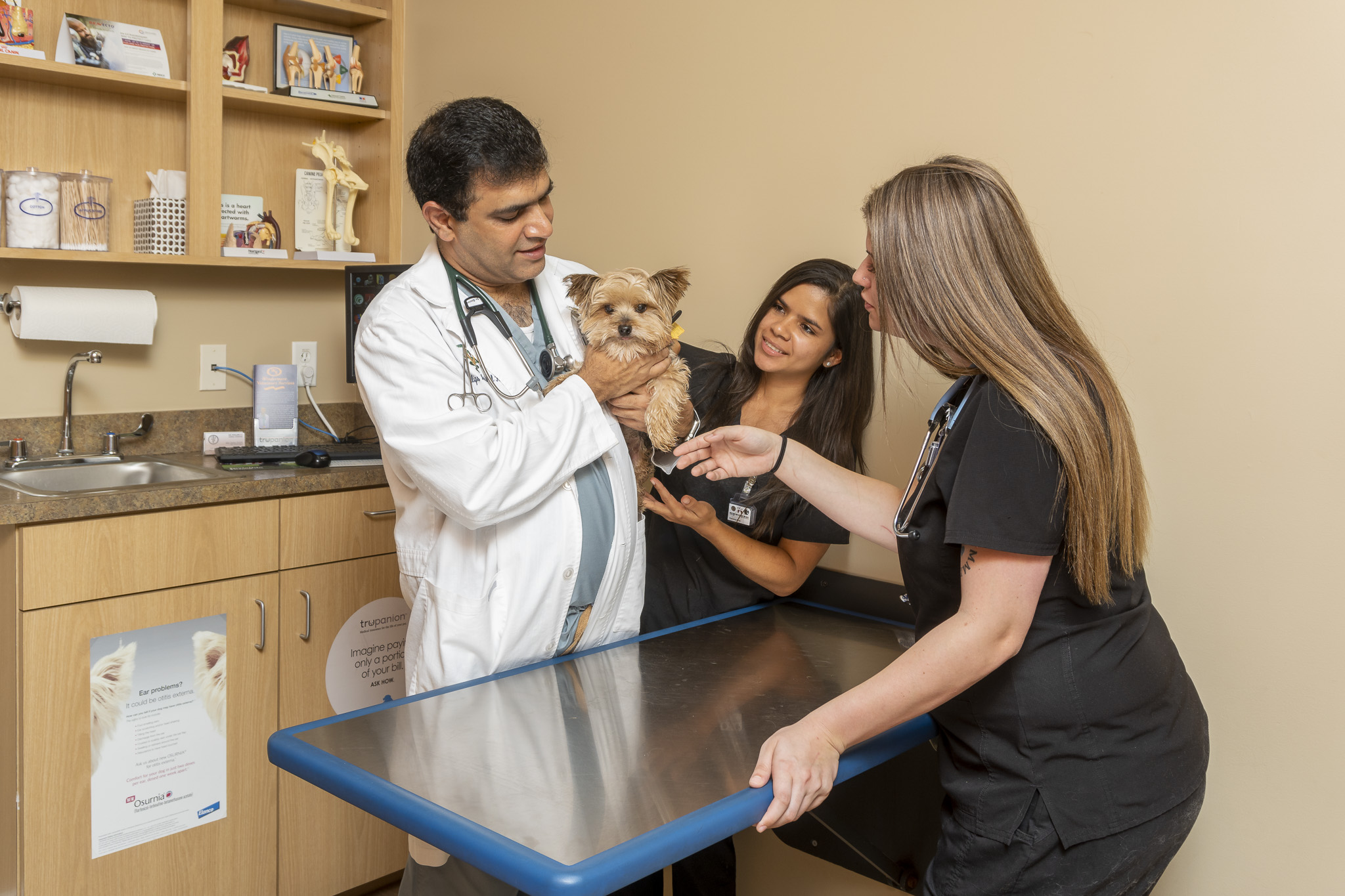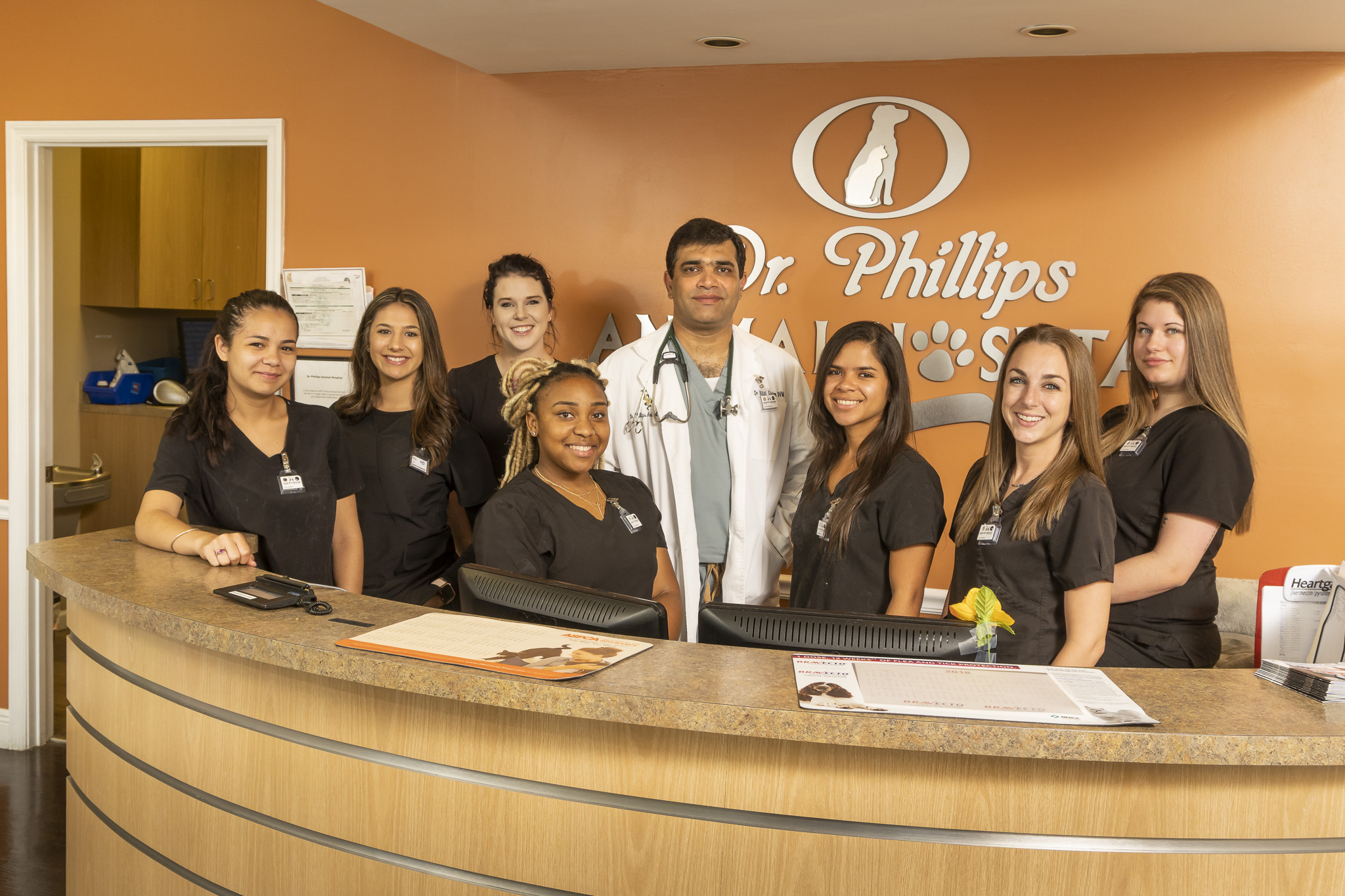Catch diseases & conditions early
Preventative Testing
Preventative testing gives you a clear look at your pet’s health before problems arise. Catching problems early cuts down on emerging vet visits and discomfort for your pet. Preventative testing will be suggested during the pet’s first visit and during annual exams. Typical preventative testing includes heartworm and fecal tests for both dogs and cats. Preventative testing for cats usually also includes a FeLV and FIV test.



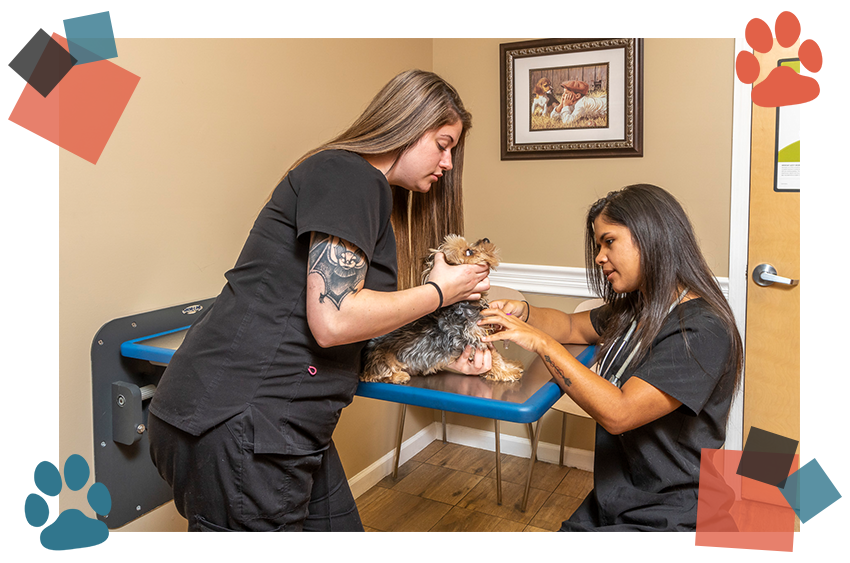
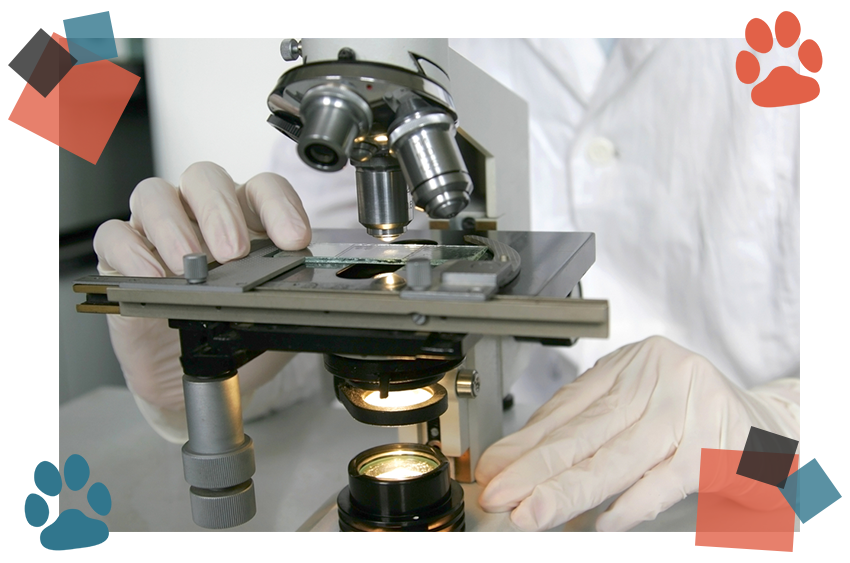
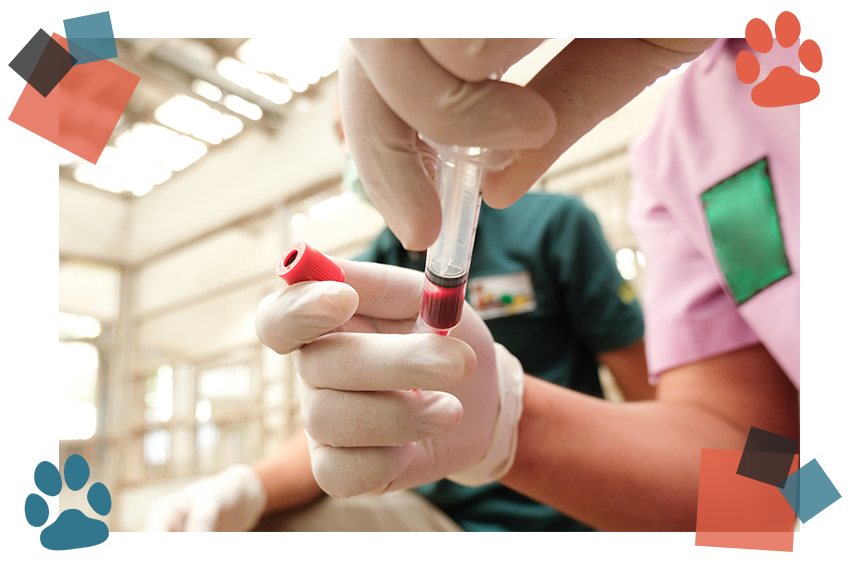
 Geraldine Remington
Geraldine Remington Molly Huckie
Molly Huckie


